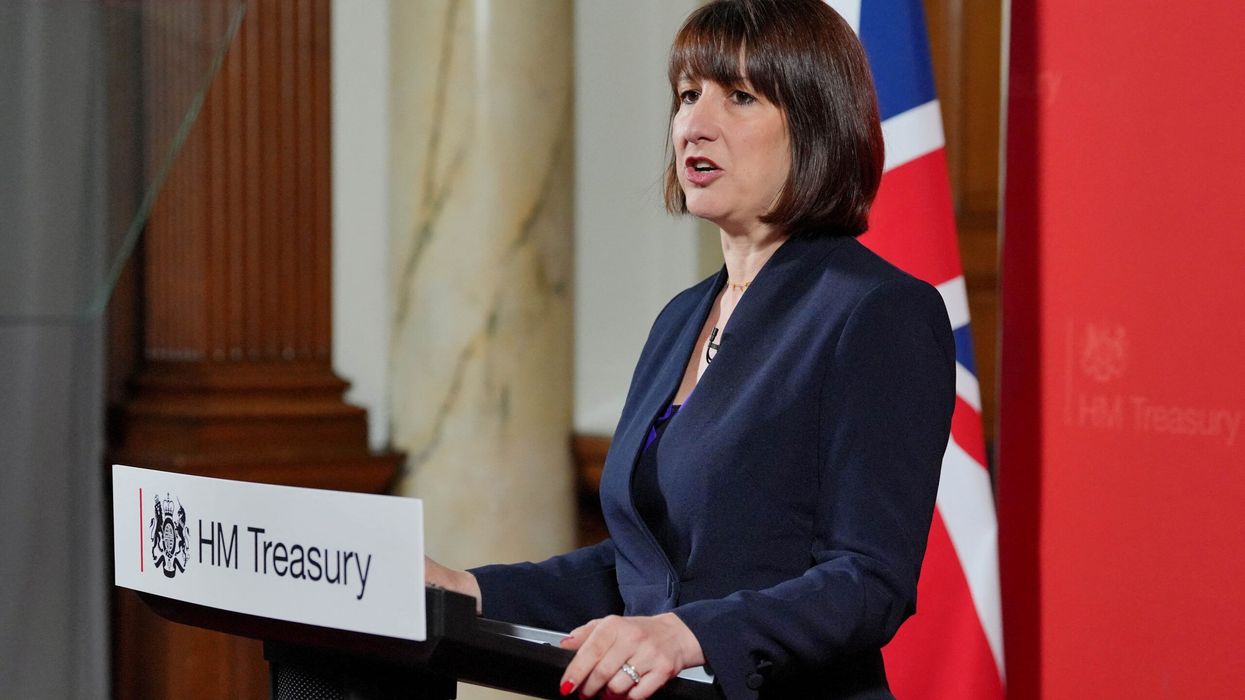THE new chancellor of the exchequer Rachel Reeves said on Monday (8) the country's new government had begun the task of unblocking infrastructure projects and private investment as part of a new "national mission" to drive economic growth.
After last week's landslide election win propelled the Labour party to power after 14 years in opposition, Reeves and prime minister Keir Starmer agreed at the weekend on first steps to show they were moving quickly to tackle deep-seated problems.
"We know we can't turn things around overnight. We face a dire inheritance. But this is our down-payment," Britain's first female chancellor said.
She pledged to tackle a long-standing shortage of new homes and speed up planning approval for infrastructure projects, including more wind farms, adding: "There is no time to waste."
Reeves also made a pitch to investors who cooled on the UK after the 2016 Brexit vote triggered years of political turmoil.
"After 14 years, Britain has a stable government - a government that respects business, wants to partner with business and is open for business," the former Bank of England economist told an audience at her Treasury department.
"In an uncertain world, Britain is a place to do business."
Reeves and Starmer face one of the toughest to-do lists of any incoming government, needing to drive growth to help finance increased spending on public services without breaking a pledge not to raise the main taxes paid by working people.
They have little room for manoeuvre: living standards have stagnated since 2010, public debt is at almost 100 per cent of national economic output and tax as a share of GDP is on track to rise to the highest level since just after World War Two.
Britain's economy has been the second-weakest in the G7 since the Covid pandemic after Germany's although France and Japan have fared only slightly better. British economic growth this year is set to be below 1 per cent.
Reeves said the government would restore mandatory house-building targets for local authorities, fund the hiring of more planning officers and accelerate development of large green energy projects by assessing them nationally and not locally.
"We will not succumb to a status quo which responds to the existence of trade-offs by always saying no, and relegates the national interest below other priorities," she said.
She said the government would end an effective ban on onshore wind farms, encourage pension funds to drive investment in British firms and prioritise unresolved planning decisions.
Reeves said she had ordered a report on the state of the country's "spending inheritance" and would present the results before parliament's summer break, before holding a full tax-and-spend budget later in the year.
Raoul Ruparel, who advised former Tory prime minister Theresa May, said the report was likely to show the budget plans inherited by Labour were not credible, with their reliance on more spending cuts for stretched public services.
"So (it) will pave the way for some more radical changes to tax and spending plans potentially," Ruparel - now director of the Boston Consulting Group's Centre for Growth - said.
Britain needs to win back the confidence of international investors after many were put off by the political instability that took hold after the 2016 vote to leave the European Union, with five prime ministers in the eight years that followed.
Inward foreign direct investment has fallen in four out of the last five quarters, according to the latest official data.
"Investors in New York or Hong Kong would have read the headlines and found it easy to say 'why bother?'" said Toby Gibb, head of investment solutions at fund manager Artemis. "What (the election) does is relieve that uncertainty - it allows overseas investors to invest with more security."
For voters, a key concern has been the lack of housing for a population that has grown quickly in recent decades as a result of high immigration, pricing many young people out of the market and adding to the drags on the broader economy.
"There is clearly an intent and priority to build more homes and infrastructure to drive growth and we expect the changes being laid out will support more supply of new homes from current levels," Aynsley Lammin, an analyst at Investec, said.
But local opposition that often stymies building projects and a shortage of construction workers needed to be fixed to open the way for more home-building, Lammin said.
(Reuters)





















